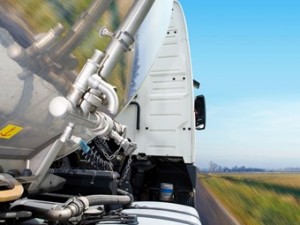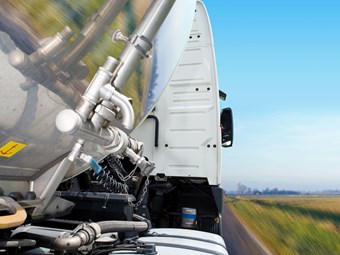Hearing into Application for New Conditions on Dangerous Goods Transport

Source: Fullyloaded.com.au
The Transport Workers Union (TWU) has lodged an application which will be dealt with by The Road Safety Remuneration Tribunal (RSRT) on October 27, according to an announcement by The RSRT recently.
The TWU’s applications relate to all those in the dangerous goods transport supply chain and if the union gets its way the application which covers tanker drivers transporting any oil, fuel or gas petroleum products will see a number of new conditions aimed at protecting these drivers.
The hearing which will be held at the end of this month will deal with the application by the TWU to have a number of new conditions applied to all parties involved in dangerous goods transport.
The TWU lodged the application last month which seeks for minimum training standards for drivers to be established. They also want companies to implement written drug and alcohol policies following revelations that drugs and alcohol abuse have become a major issue in the transport industry.
The union aims to protect drivers by having them receive written contracts and safe driving plans.
The union wants these written contracts to contain at least the following information:
- names and contract details,
- the period of the contract,
- details on the relevant employment award or agreement
- driver pay rates and more.
It also wants the tribunal to require consignors to meet certain conditions before engaging the services of a dangerous goods transporter.
The TWU also wants employers to be held accountable for vehicle maintenance and wants vehicle standards to be outlined in the National Heavy Vehicle Regulator Maintenance Management Accreditation Guide. The union also wants hirers to show that they have taken reasonable steps to ensure compliance with the guide’s standards.
Fullyloaded.com.au reported on the application:
The application says employers should be required to maintain vehicles to standards set out in the National Heavy Vehicle Regulator Maintenance Management Accreditation Guide and that hirers should take all reasonable steps to audit compliance with the guide.
The TWU says written contracts should, at a minimum, include names and contract details, the period of the contract, details on the relevant employment award or agreement, driver pay rates and more.
If passed, the TWU’s application will apply to all tanker drivers involved in hauling any oil, fuel or gas petroleum products.
Source: Fullyloaded.com.au
If the TWU application is passed it will apply to all tanker drivers involved in hauling of oil, fuel or gas petroleum products.
While the TWU’s application is still to appear before the Tribunal calling for certain minimum training standards for drivers to be applied, Chain of Responsibility training is one form of training that drivers, operators, consignors and everyone involved in the supply chain must undergo. Chain of responsibility training teaches these members of the supply chain how to comply with chain of responsibility legislation.



